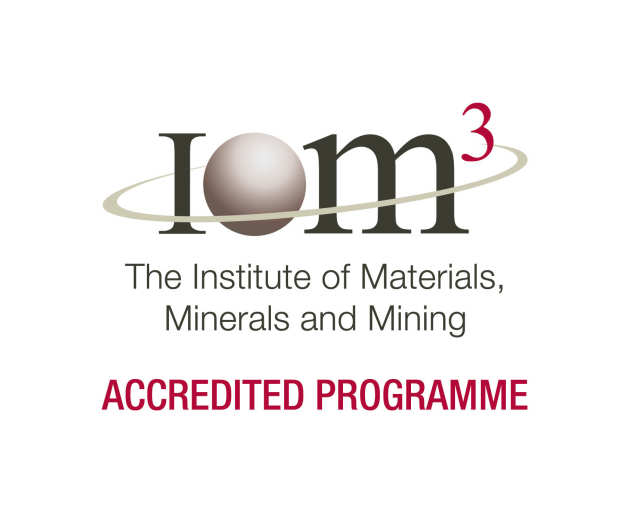We offer a range of Master of Science courses. Four of the five courses we offer (ACSE, EDMSL, GEMS and READY) are computational courses part of a new departmental initiative, the Ada Lovelace Academy.
Our MSc courses
- MSc Environmental Data Science and Machine Learning (EDSML)
- MSc Applied Computational Science & Engineering (ACSE)
- MSc in Geo-Energy with Machine Learning and Data Science (GEMS)
- MSc in Renewable Energy with AI and Data Science: Geology and Geophysics (READY)
- MSc in Metals and Energy Finance
The MSc Environmental Data Science and Machine Learning at Imperial College London is a new programme, starting in October 2021.
The MSc will train students in fundamental computational and data science skills for application across the environmental sciences. The course is led by expert computational scientists in the Department of Earth Science and Engineering.
The programme offers a focus on environmental big data in addition to established modules in machine learning, computational science and modern programming skills that run in the Applied Computational Science and Engineering MSc.
Find out more about Environmental Data Science and Machine Learning MSc.
The Applied Computational Science and Engineering MSc at Imperial College London will inspire the future crop of experts in Computational Science and Engineering.
Find out more about the Master's in Applied Computational Science and Engineering.
The MSc Geo-energy with Machine Learning and Data Science at Imperial College London is a new programme, starting in October 2022.
The course is aimed at geoscientists and engineers who want to acquire advanced computational, data science, machine learning and numerical skills relevant to working on various aspects of the energy transition.
You will study subsurface geoscience and engineering, with a focus on data science and machine learning.
Find out more about Geo-Energy with Machine Learning and Data Science.
The MSc in Renewable Energy with AI and Data Science: Geology and Geophysics (READY) is a new programme, starting in October 2025.
The MSc will equip students with the geology, near-surface geophysics and computational skills needed to characterise the shallow subsurface for a broad range of renewable energy applications.
To meet the global green energy targets, the number of offshore renewables projects has to increase dramatically over the next two to three decades. Offshore wind is one offshore renewable option, with wave and tidal expected to grow in importance as technology matures.
This course will provide students with offshore data-collection experience and exposure to industry.
Find out more about the MSc in Renewable Energy with AI and Data Science: Geology and Geophysics (READY).
A combined Department Earth Science & Engineering and Imperial College Business School degree
The MSc in Metals and Energy Finance is a one year full time programme relating to the technical and financial appraisal of natural energy and mineral resources projects. The course is a joint programme between Imperial College Department of Earth Science and Engineering and Imperial College Business School, and is unique in teaching quantitative financial analysis, strategic management and technical geological concepts in the context of metals and energy projects.
Find out more about the MSc in Metals and Energy Finance.
We strive to increase and broaden inclusivity and support everyone, regardless of background, in breaking down any barriers to you applying to the Department. If you are unable to pay a course’s application fee, we encourage you to apply for a fee waiver. If you are interested in an MSc and wish to apply for a fee waiver, please contact the relevant course administrator prior to starting your application.
- Postgraduate application form
- College prospectus for postgraduate students
- PhD opportunities and sponsorship
